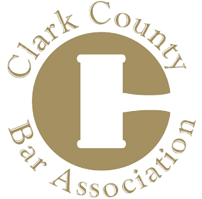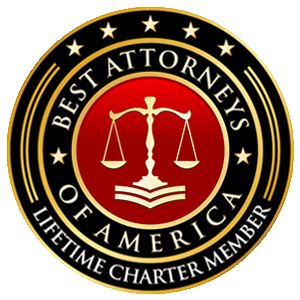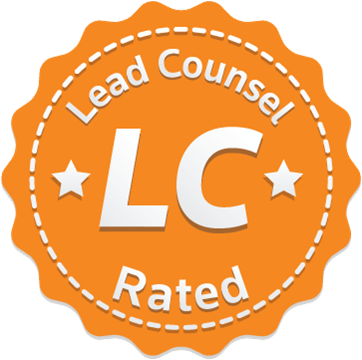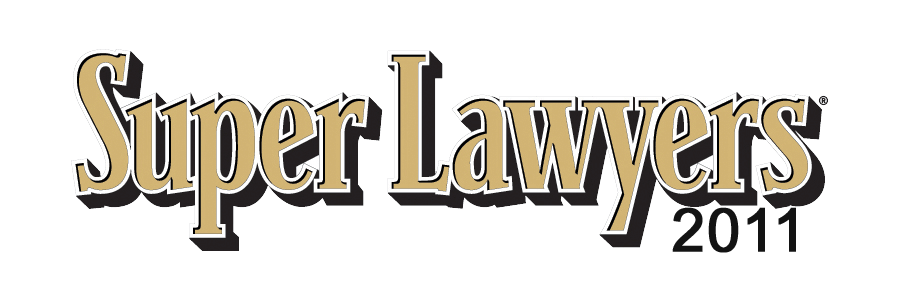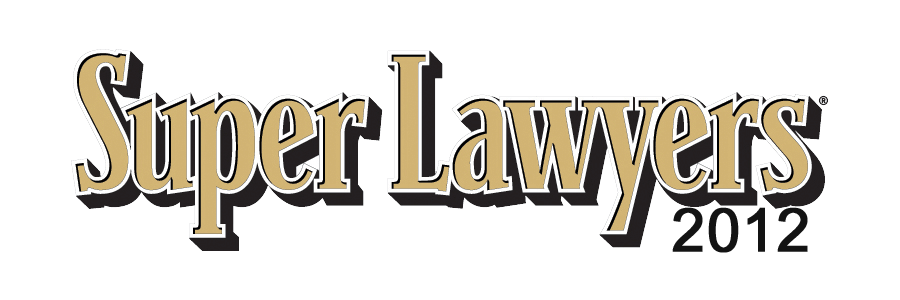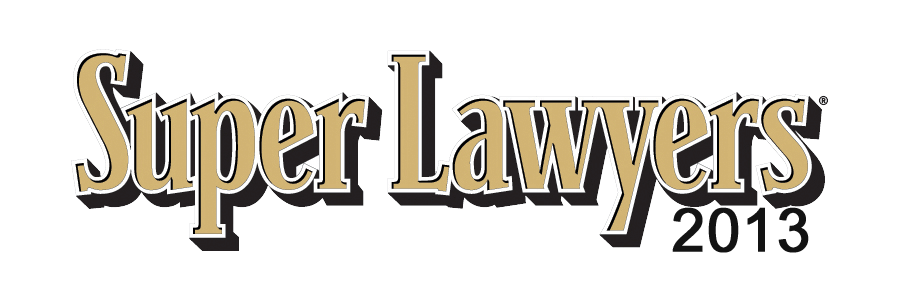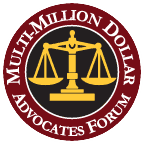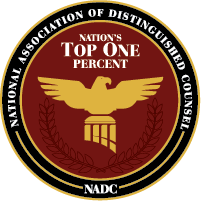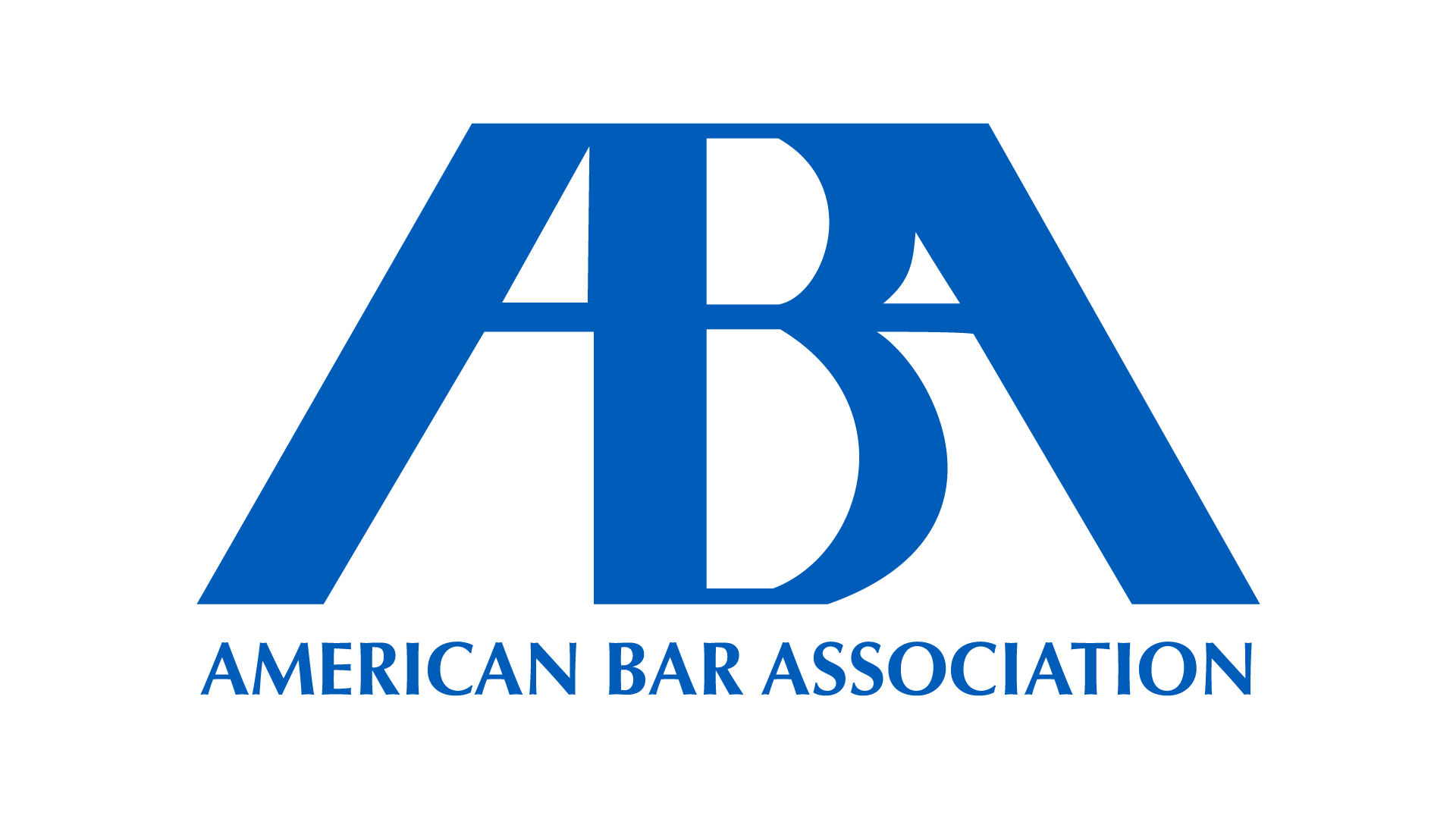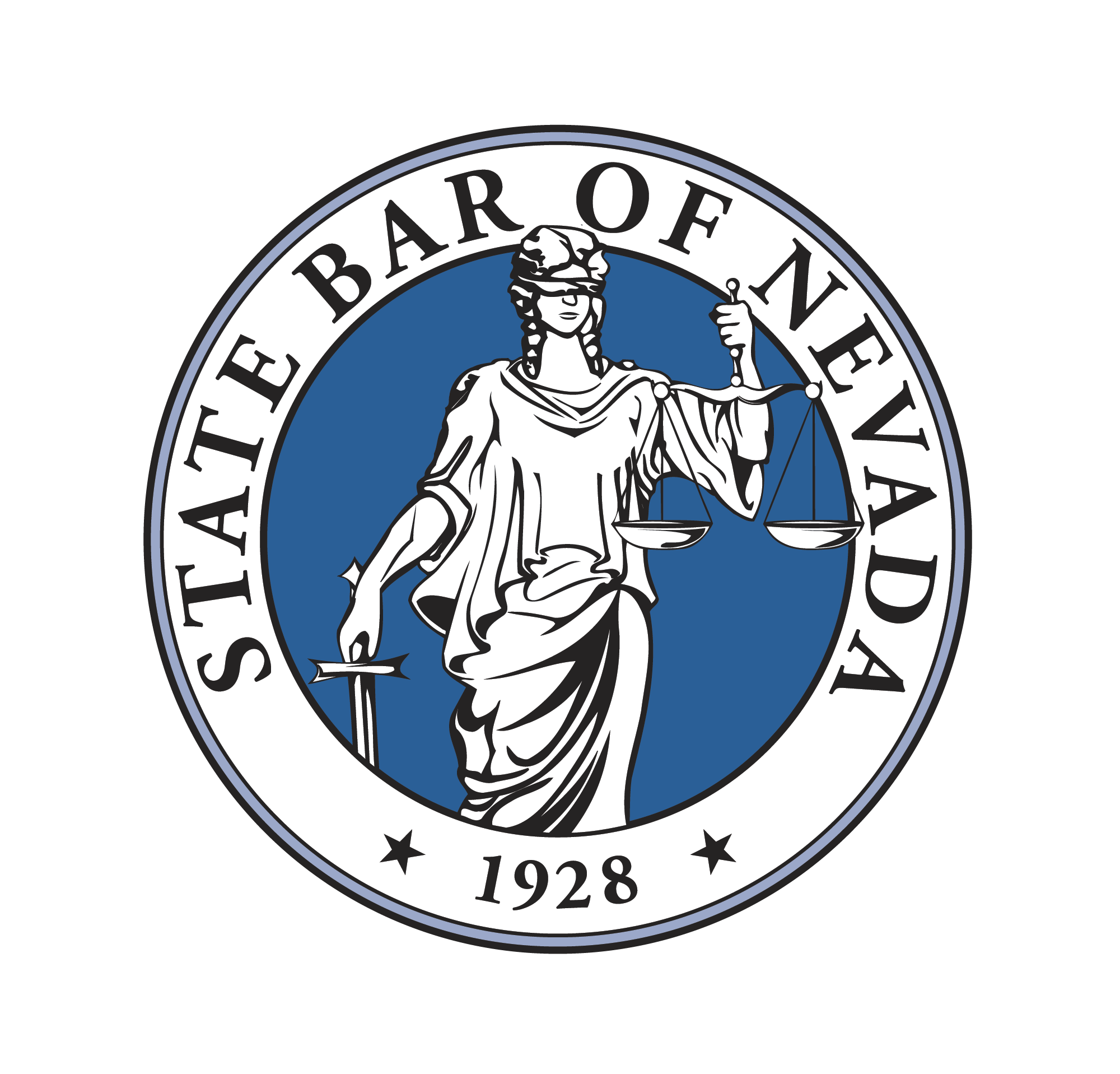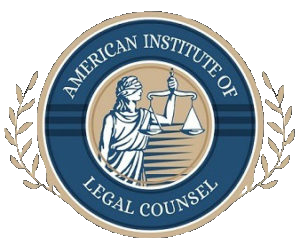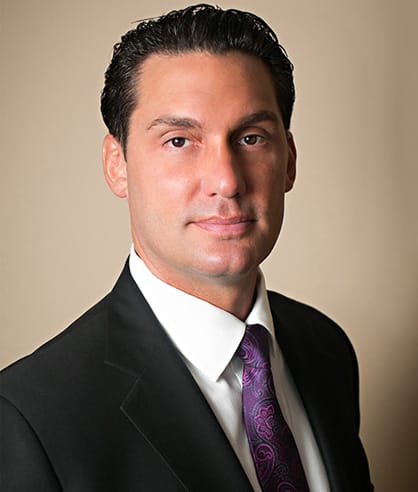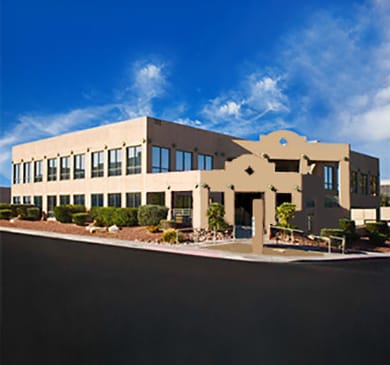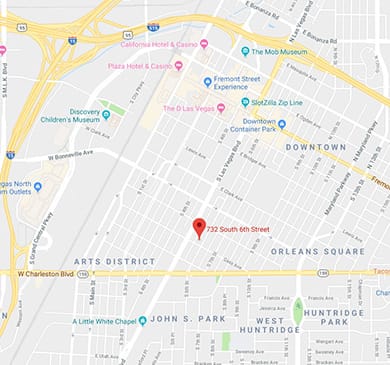A slip and fall, in United States tort law, is a claim or case based on a person slipping (or tripping) and falling. It is a tort, based on a claim that the property owner was negligent in allowing some dangerous condition to exist that caused the slip or trip.
Property owners generally have two basic defenses to public liability slip and fall claims:
- The first defense is that they were not negligent. For example, the owner may claim that the oily substance that a patron slipped upon had been spilled on the floor only moments ago by another patron, and that, in the exercise of due diligence, a typical store owner acting with reasonable care would not have had time to discover the danger and take steps to mitigate the danger.
- The second and more typical defense is that the person who was injured was at fault. For example, the owner may claim that any reasonable patron, exercising due diligence for his or her own safety, would see an oily substance on the floor, and take those steps necessary to avoid slipping on it.
When you stop to consider how grocery stores intentionally market their products to customers by placing items on shelves at eye level and above, you appreciate why there are rules for making sure the floor is free from things to slip and fall on. Yet, sometimes those and other rules are broken and people are injured.
Falls Are The Most Common Personal Injury In The U.S.
Falls account for a great percentage of personal injury in the United States. And when those falls are caused by another's carelessness or neglect, you can successfully seek reimbursement for your injury.
Saggese Philosophy
- Our philosophy is to make sure the injured client gets proper care and attention. Personal injuries require personal case management without the hassle of finding physicians, worrying about time off work, or getting transportation.
- Secondly, we value each component of damage and injury. Medical bills, lost wages, property loss, future medical bills, loss of future earnings, loss of comfort, pain, loss of spousal companionship and others.
Finally, we demand payment for those losses from insurance companies, corporations or others who have caused them. We do that by negotiating settlement, entering into alternative dispute resolution, or going to trial.




